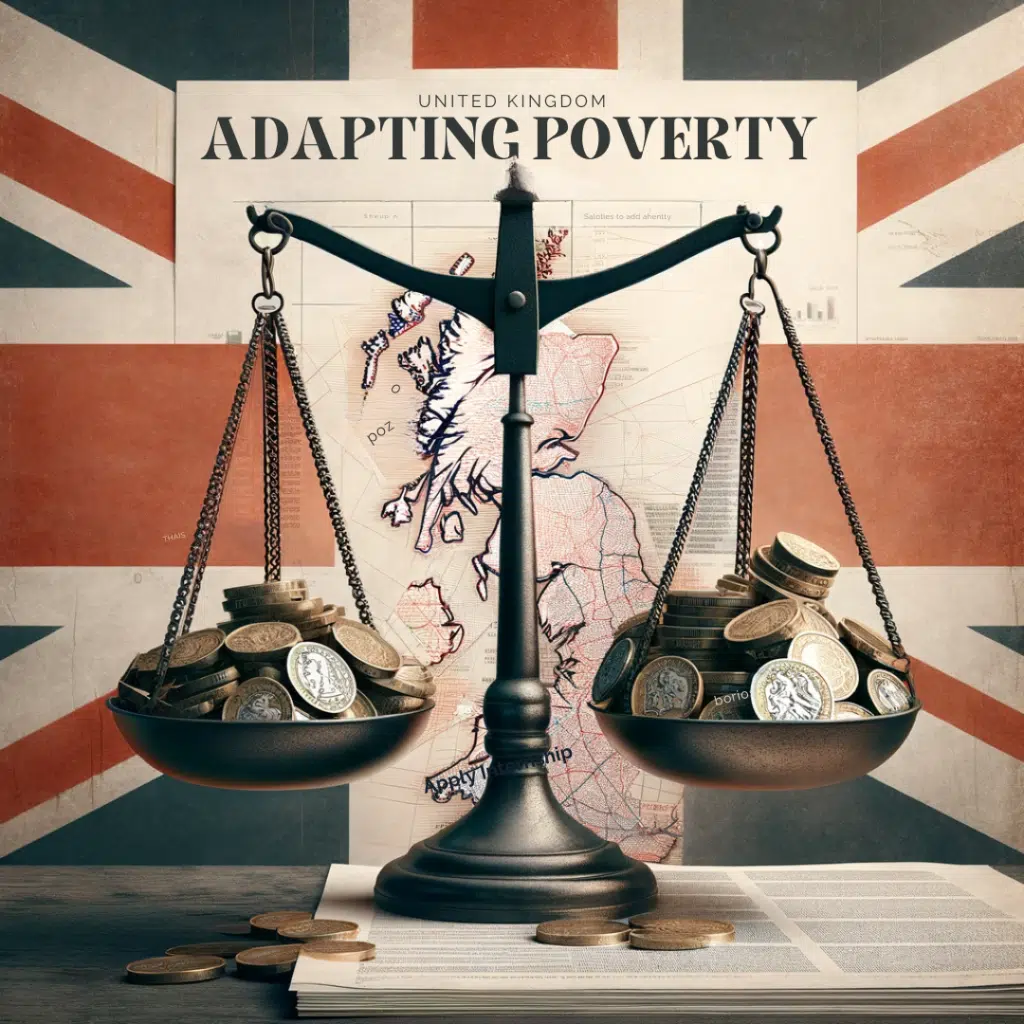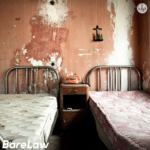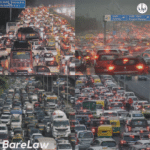
UN Rapporteur Criticizes UK Poverty Levels as ‘Not Acceptable’, Urges Welfare Reform
The stark realities of poverty in the United Kingdom have come under intense scrutiny as UN special rapporteur on extreme poverty and human rights, Olivier De Schutter, labelled the prevailing conditions as “simply not acceptable”. With an upcoming visit to the UK, De Schutter’s insights draw significant attention to the plight of the economically vulnerable and the governmental obligations that are purportedly being overlooked.
In a candid Sunday interview with The Guardian, De Schutter denounced the UK government for violating international law, specifically pointing out the inadequacies in welfare payments that fail to keep pace with escalating living costs. This accusation places the UK under the spotlight for potential non-compliance with article nine of the international covenant on economic, social, and cultural rights, which mandates an adequate standard of living as a fundamental human entitlement.
The rapporteur’s analysis comes at a crucial juncture as the cost of living crisis deepens, pushing the need for an increase in universal credit into urgent territory. De Schutter asserts that £85 per week for adults is insufficient to ward off poverty, urging the UK government to align its welfare policies with international obligations.
Contrasting with De Schutter’s assertions, a spokesperson for Prime Minister Rishi Sunak staunchly defended the UK’s stance. The spokesperson argued that the government has not breached international law, citing that households are significantly better off financially when in full-time employment versus relying on benefits. Highlighting a reduction in absolute poverty and a decline in children growing up in workless households since 2010, the government asserts its record of support, especially in the wake of the pandemic.
The controversy amplifies as UK Home Secretary Suella Braverman faces criticism over her proposed measures to limit tent usage by rough sleepers — a move that has been interpreted by some as criminalizing homelessness. Homeless NGO Crisis has called for an urgent reconsideration of Braverman’s proposals, denouncing the notion that individuals choose to sleep on the streets. Instead, the organization advocates for a focus on housing solutions and supportive services to prevent further descent into poverty and exploitation.
As the discourse on UK’s poverty crisis unfolds, the government is tasked with balancing fiscal policy with human rights obligations. The tussle between international law, welfare reform, and housing policies highlights the complexities of governance in a socio-economic landscape marked by disparity and rising costs.



